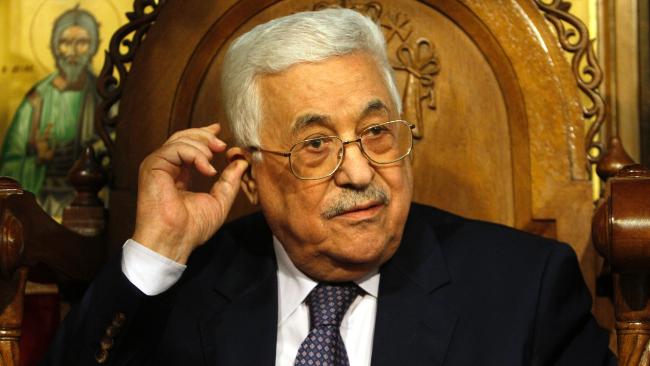Diplomats from some 70 countries will assemble in Paris on Sunday for another Mideast conference, intended to preserve the two-state solution for Israelis and Palestinians. The timing is not accidental: with five days to go in the Obama administration, there are whispers that the conference may lead to another UN Security Council resolution, this time setting out parameters for an eventual Palestinian state.
The question is: For what?
Climate change aside, the cause of Palestinian statehood is the central obsession of contemporary global politics. It’s also its least examined assumption.
Would a Palestinian state serve the cause of Mideast peace? This used to be conventional wisdom, on the theory that a Palestinian state would lead to peace between Israel and its Arab neighbours, easing the military burdens on the former and encouraging the latter to address their internal discontents.
Today the proposition is ridiculous. No deal between Jerusalem and Ramallah is going to lift the sights of those now fighting in Syria, Iraq or Yemen. Nor will a deal reconcile Tehran and its terrorist proxies in Lebanon and Gaza to the existence of a Jewish state. As for the rest of the neighbourhood, Israel has diplomatic relations with Turkey, Jordan and Egypt, and has reached pragmatic accommodations with Saudi Arabia and other Gulf states.
What about the interests of Palestinians? Aren’t they entitled to a state?
Maybe. But are they more entitled to one than the Assamese, Basques, Baloch, Corsicans, Druze, Flemish, Kashmiris, Kurds, Moros, Native Hawaiians, Northern Cypriots, Rohingya, Tibetans, Uighurs or West Papuans — all of whom have distinct national identities, legitimate historical grievances and plausible claims to statehood?
If so, what gives Palestinians the preferential claim? Have they waited longer than the Kurds? No: Kurdish national claims stretch for centuries, not decades. Have they experienced greater violations to their culture than Tibetans? No: Beijing has conducted a systematic policy of repression for 67 years, whereas Palestinians are nothing if not vocal in mosques, universities and the media. Have they been persecuted more harshly than the Rohingya? Not even close.
Set the comparisons aside. Would a Palestinian state be good for Palestinian people?
Read the full article by Bret Stephens of The Wall Street Journal in The Australian.

